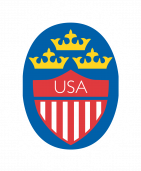International outlook and cooperation increasingly important
The global landscape within education has evolved significantly during recent years. From the ranking, it is evident that today, universities compete globally, attracting students and researchers worldwide. International outlook is vital for both domestic and international students. A global campus fosters open discussions and cross-cultural bonds. In our increasingly interconnected society, possessing international experience and connections has also grown to be a vital asset for students entering the workforce. Universities play an important role in equipping students with the global perspective and skills needed to thrive in a modern work environment.
One way in which universities can further improve their international outlook is by establishing collaborative partnerships with other seats of higher education worldwide. These partnerships help bring together the collective knowledge, resources and expertise of various institutions around the world, allowing great progress to be made at a faster speed when it comes to some of our time's most pressing matters.
What SIREUS can offer
SIREUS stands for Students, Innovators, Researchers and Entrepreneurs between the United States and Sweden. The SIREUS project is in collaboration with
13 Swedish universities, the Swedish-American Chambers of Commerce in the U.S. (SACC-USA) and is supported by the Embassy of Sweden in Washington, DC as well as the Swedish Institute. It builds on SACC-USA’s bilateral business and talent network and addresses needs identified in collaboration with the Swedish universities. In addition to the Swedish academic network of SIREUS members, a network of American academic institutions is being created, today consisting of
11 American affiliated universities from across the nation that all have an interest to cooperate with the Swedish SIREUS members.
By establishing
five thematic areas each with their own subthemes we strive to facilitate the identification of shared research domains for universities, simplifying the process for academic institutions to discern mutual areas of scholarly interest. As the SIREUS project aims to facilitate Trans-Atlantic knowledge exchange we aim to give our partner universities access to valuable contacts within academia and research in both the United States and Sweden.
Furthermore, bilateral cooperation within academia opens doors to endless possibilities. Today, attracting skilled talent is increasingly important to secure long-term economic growth between countries. As part of the project, joint activities will be carried out between the universities and the private sector to increase the exchange of students, researchers, and experts, as well as promote knowledge exchange in innovation, science and entrepreneurship between Sweden and the U.S.
In short, through international ties and collaboration projects a university can improve its chances to establish itself among the world’s leading institutions for higher education in an increasingly globalized world. This shows the importance of the work and engagements of SIREUS and that all universities benefit from continued involvement in international collaborations and strengthened bilateral cooperations.





